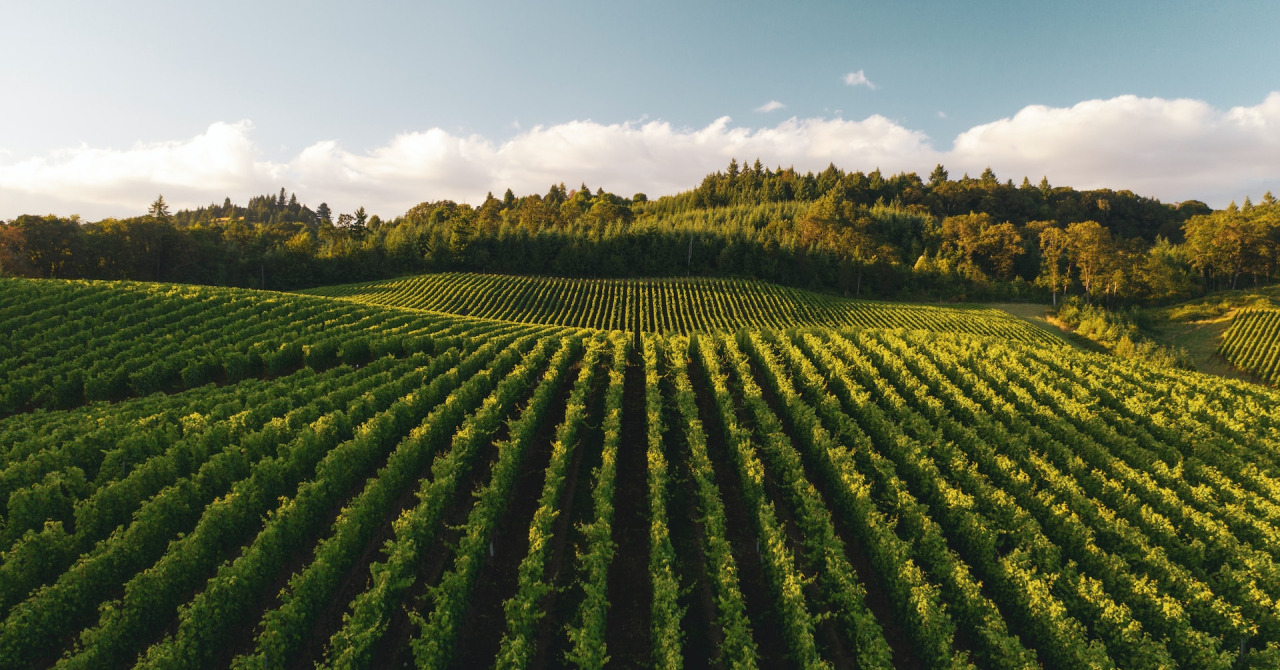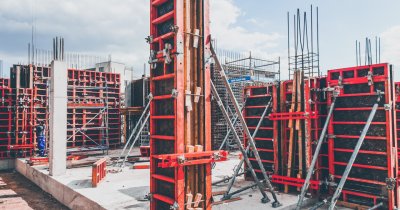This is what Philippe Birker, Co-Founder, Climate Farmers, believes and he shared his findings on how regenerative agriculture helped farmers across Europe at Climate Change Summit in Bucharest.
Living on a family farm in Western Germany when he was a kid, Philippe saw the struggles of his family members who maintained the land and moved to Berlin and then, Amsterdam, to build a life in the big cities. While working for some impact startups, he realized that he was missing nature and the lifestyle of a farm.
Alongside eight international partners, Philippe built a small team and moved to Portugal, where due to the high rate of village abandonment, authorities let those interested build on broken up houses without a permission.
Thus, the group of visionaries bought a small village in 2017, made up of 12 houses and several hectares of land, to practice regenerative agriculture.
"Agriculture is now one of the main causes for climate change. 24% of all greenhouse gas emissions are coming from agriculture", Philippe said, pointing to a few papers published back in the 1980s that were suggesting we could capture carbon emissions through regenerative farming.
"I spent one year visiting all the regenerative farmers that I could find in Western Europe. I visited nine countries and I spent one year with 60 different farmers, these were all the regenerative farmers I could find", he added. To put things into perspective, there are around 10.5 million farmers in the European Union, as per the findings of Climate Farmers' co-founder.
Why regenerative farming is the future of sustainable agriculture
Traditional farming is one of the main causes for biodiversity loss around the world. Alongside the high carbon intensity of farming, a shift in practices is necessary for a greener future.
That's where regenerative agriculture comes in and Philippe believes that it can help us reduce our CO2 emissions, increase the soil's water storage capacity and increase biodiversity, while also helping farmers save money.
When Climate Farmers started working with farmers who wanted to be more eco-friendly, there were around 100 of them and now, there are around 10.000, as per Philippe but the numbers don't scale enough to keep up with the 10.5 million that are in the EU.
For the team at Climate Farmers, in order for regenerative agriculture to really take off in the EU, at least 10% of the farming land in the region needs to be worked on using sustainable practices.
"We believe that at that point, every farmer in the European Union has a farm that they can relate with and visit", Philippe explains. That's because by working together, they can see the results better and understand why the measures are important and how they can implement it themselves.
However, currently, Europe doesn't have enough example-farms that can showcase farmers how regenerative agriculture can help the environment, while also helping them work their land smarter and having better yields.
Climate Farmers helps workers interested in adopting regenerative agriculture by looking into the current performance of the said farm, assessing the things that are going well, as well as those that aren't, helping owners shape up a strategy that will help them in the long run.
The company works with its 150 consultants that are being backed by farmers, so that the knowledge they are sharing comes from people with experience, who can give useful advice and information.
The strategy the team at Climate Farmers builds for each farmer is tailored to their needs and conditions and is based on soil type, weather conditions, but also climate change patterns and how the local ecosystems could be affected in the coming years.
Because agriculture is a good way to capture carbon and many companies are looking to compensate for their emissions by supporting carbon capture projects, such as farms, Climate Farmers allows these companies to connect with local farmers, so that they can see the carbon capture progress first-hand. Then, they are being sold carbon capture credits at a price of 50 euros per ton.
Animals can also help with regenerative agriculture and building back ecosystems, Philippe believes, and by rotating crops and animals and helping cattle freely graze, instead of packing them together in stables and feeding them corn and wheat, we can also reduce their climate impact.
This is at least what Francisco Alves is doing, one of the farmers in Portugal that Climate Farmers works with, and he claims that by mixing up pigs with other grazing animals, he's been able to develop a dynamic regenerative grazing system on his 700 hectares farm.
As a small piece of advice for the population, the co-founder of Climate Farmers suggests we should not only be looking at what kind of food we're eating, but also how the food that we're eating is being grown, since that can make a big difference for ourselves and for the planet.
 Mihai - Cristian Ioniță
Mihai - Cristian Ioniță












Any thoughts?